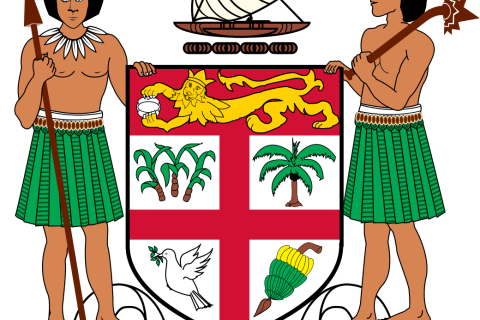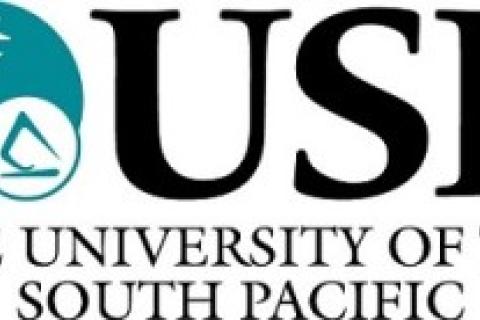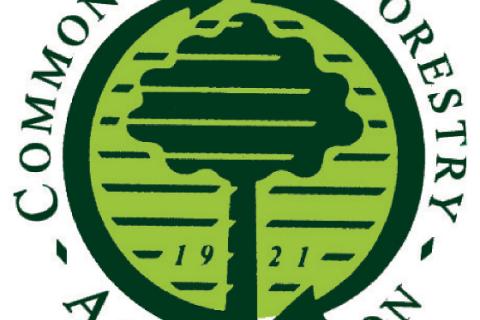Fiji
Displaying 1 - 5 of 5
Bangladesh
The Centre on Integrated Rural Development for Asia and the Pacific (CIRDAP) is a regional, intergovernmental and autonomous organisation. It was established on 6 July 1979 at the initiative of the countries of the Asia-Pacific region and the Food and Agriculture Organization (FAO) of the United…
Switzerland
Displacement Solutions (DS) works with climate displaced persons, communities, governments and the UN to find rights-based land solutions to climate displacement. DS also works to empower displaced people and refugees to exercise their right to return and have restored to them their original homes…
Fiji
Fiji became independent in 1970 after nearly a century as a British colony. Democratic rule was interrupted by two military coups in 1987 caused by concern over a government perceived as dominated by the Indian community (descendants of contract laborers brought to the islands by the British in the…
Suva Fiji
The University of the South Pacific, as one of two regional universities in the world, is supported by 12 Pacific Island Countries - Cook Islands, Fiji, Kiribati, Marshall Islands, Nauru, Niue, Samoa, Solomon Islands, Tokelau, Tonga, Tuvalu and Vanuatu. The University graduated its first cohort of…
The Crib Dinchope Craven Arms Shropshire United Kingdom
What we do
We are reminded on a daily basis that the natural environment in which we live is vitally important for our well-being, whether it is in the form of climate change, global warming, declining fertility or dwindling natural resources.
Sustainable forest management plays a central role…





